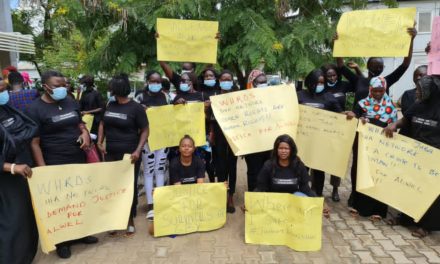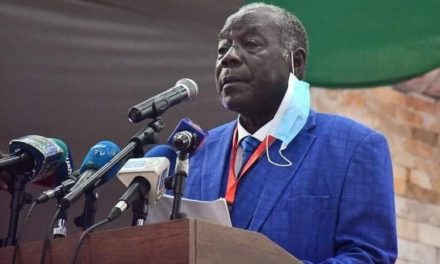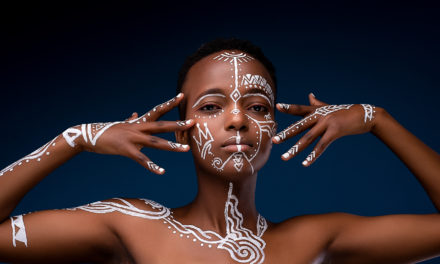
Marriage Disappointments

“Our marriage was put on hold on four occasions because I could not afford to pay the dowry her parents demanded.”
By Wani Isaac Kenyi
John Ngaabge loved his girlfriend and had longed to marry her.
An ICT expert working at a tech company, he earns $200 per month. This salary is barely enough to pay his bills given the ever-rising cost of living in Juba, South Sudan’s capital.
When Ngaabge finally took the first step to ask his girlfriend’s hand in marriage, he realized he could not afford the $4,000 (about 1 million SSP) demanded by Jane Ngaabge’s parents.
Ngaabge could not hold his frustration. How could his lifetime savings not be enough to pay for his girlfriend’s dowry? Life became unbearable as the love of his life was about to slip off his grip.
“I got frustrated, I was angry, and I didn’t know what to do,” Ngaabge narrates to The Insider.
“The quotation they made [and] the dowry payment amounted to everything I had saved.”
For men from low-income families in South Sudan, it is a nightmare to think of marriage if their pockets are not fat enough to cough the bride price.
Marriage involves cultural rites that the family of the bridegroom has to pay a dowry-a form of appreciation to the bride’s family before they are officially pronounced husband and wife.
The dowry varies between 15 to over a hundred cattle, depending on the family’s social status and ethnic background. One head of cattle in Juba costs up to 120,000 SSP (about $400).
“Our marriage was put on hold on four occasions because I could not afford to pay the dowry her parents demanded,” Ngaabge says trying hard to stop the tears gathering strength beneath his eyelids.
“The more I think of it, the more I feel angry,” the 34-year-old said.
After a long struggle, Ngaabge and Jane finally got married in December 2019.
Many young men in South Sudan go through huddles before they marry, especially if they are not backed by close relatives.
Lilian Kujang, a mother, says her younger brother’s experience in search of a wife is even worse.
“One of my brothers introduced his fiancée but later failed to marry the girl because he couldn’t pay for what was asked,” she says.
He was feeble-hearted and got into drugs to find solace.
“He took to drinking alcohol. The rate at which he drinks worries me a lot,” she adds.
South Sudan is a multicultural country where marriage is viewed as sacred and a step forward to maturity. Although it is highly esteemed, many find it increasingly difficult to marry because of the high bride price.
Some turn to short cut-getting the lady pregnant so that the “official way” is the avoided-that way they will have time to save and pay the dowry later.
Others, unfortunately, run away after getting the woman pregnant because of increased responsibilities of taking care of a family.
Women’s rights activists say the practice has led to a rise in the number of single mothers who are left with the responsibility of raising their children.
To some community leaders, high bride prices have become a major trigger of cattle rustling in many pastoralist communities.
It also encourages teenage marriages as girls at this stage tend to be cheaper compared to fully grown women.
According to the UN Children’s Emergency Fund, more than 60 percent of girls in South Sudan are married before they turn 18 yet teenage girls are three times more likely to die in child labor.
Young men’s cries to elders for a reduction of bride price has fallen to deaf ears.
South Sudan’s customary laws clash with the country’s constitution creating confusion whenever issues to do with dowry arise. Often some traditional chiefs would argue that families need to be compensated for up-bring their daughters and others say paying the dowry is a mandatory source of pride.
Mogga David, a Gudele resident in Juba says he contemplated committing suicide after his in-laws asked for far too much money.
“At first, I thought of disorganizing the family of my fiancé by fighting, but my fiancé loves me very much which prevented me from taking that course of action. I then thought of killing myself but the thought of that freaked me out,” he said.
“I resorted to taking alcohol to bury my pains,” David quipped.
Until state and traditional leaders can find ways to address the issue of high bride prices, many young men and women will be deprived of the right to marriage, according to Rahma Sayid a local chief in Juba.
“Young men who can’t pay for dowry costs are forced to find alternative ways of getting money which usually means attacking neighboring communities to steal cattle,” Sayid told The Insider.





















Recent Comments